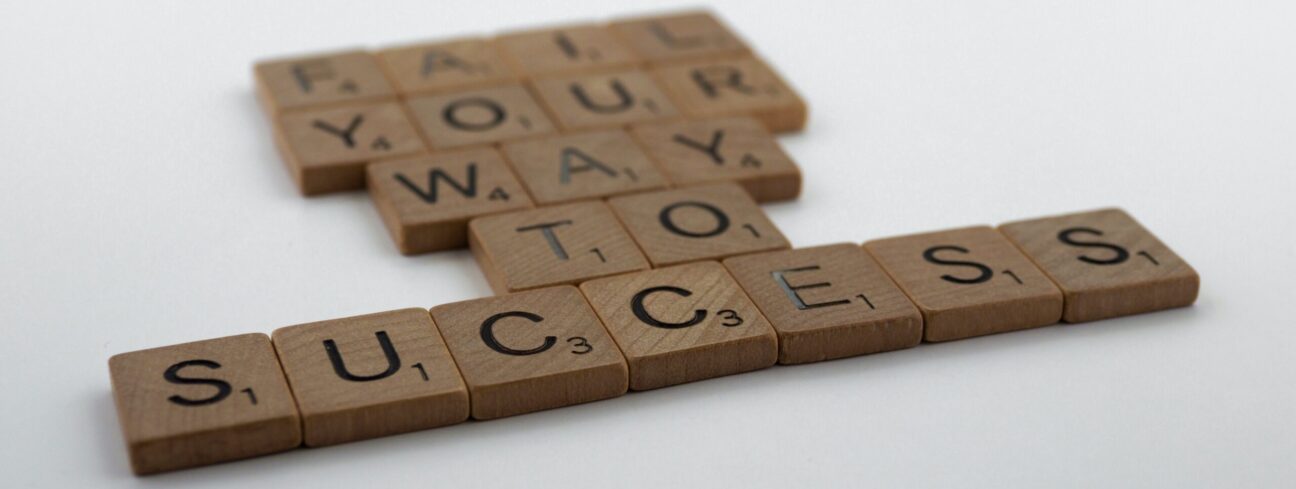We make decisions every day, from the simplest to the most complex. Given that nobody is perfect, making mistakes is normal, or at least it should be. Are the decisions we make directly connected to our mental and physical state at that time? We often say that we shouldn’t make hot-headed decisions, right? So, if there are so many variables influencing the decision-making process, we will, most certainly, make different decisions depending on the moment. No path is 100% right, and there is no absolute and universal truth. Rather, there is a set of paths more or less adjusted to the moment we are living in, to our personal and/or family life situation, to our needs, and our ambitions. Therefore, many factors could increase the chance of mistakes.
The environment around us then totally influences the chosen path. Every day we have to decide probably thousands of situations. Most of them we don’t even consciously rationalize, simply our autopilot reacts and acts, without it being consciously perceived at that moment.
“Failure is not an option” is a phrase I usually have with me, visible on my work desk. Is this a contradiction to this text? At first glance, yes, but it’s not. “Failing is not an option” means that every day we learn to be better, to accept failure and grow with it. It means that we never give up even in the face of great adversity, that we keep focused on the objective, whatever it may be, that we know the path we have to follow and that we know that many obstacles we will face to achieve success in the end. “Failing is not an option” means that we know what it means to fail and we accept it, waking up better than the day before.
Making mistakes, without learning anything from those same mistakes, instead of being a good thing that we learn from, becomes just an immediate problem without any positive effect in the future. The problem should not be in making mistakes, but in not accepting and not improving from them.
I’ve missed more than 9,000 shots in my career. I’ve lost almost 300 games. Twenty-six times I’ve been trusted to take the game-winning shot and missed. I’ve failed over and over and over again in my life. And that is why I succeed.
In the business world, the environment must be conducive to accepting mistakes and encouraging a culture of constant learning, autonomy and risk in conscious decision-making. Many companies do not tolerate risk, thus they do not tolerate error. Someone’s autonomy is related to the acceptance of the many mistakes that will be made, so it is up to those who supervise, and the companies as a whole, to prepare colleagues well for mistakes and daily learning. All of this is essential in creating an environment in which someone will feel good about being autonomous tasks, growing responsibility for making decisions and carrying out those same tasks. Sometimes It happens that the fear that someone will fail and, with that, harm the company, leads to the feeling of aversion to the error, of blaming and the consequent demotivation of the person. It is up to companies – and companies are made up of people, of decision-makers – to decide at each moment what kind of tasks each one is prepared to assume with more autonomy, but no matter how capable the person is, the error will naturally end up happening. That is why it is also essential for companies to have a team structure that can withstand failures, that helps those who fail and that, in parallel, can mitigate the consequences of those same mistakes. The mistake is therefore also a team game in which it is not worth pointing the finger, as that finger will one day be in our mirror.
I failed. What now? Now we learn and move forward. I failed. And I failed again. And then? As long as we can learn something new, failing shouldn’t be an unsolvable problem. Who never made a mistake? Who has never made a mistake with a great impact on some activity of our day? Did we learn? So we follow, we improve and we are better. But it’s important to learn and be better every day. With every mistake. Be better. And never give up.
I have failed. What now?
